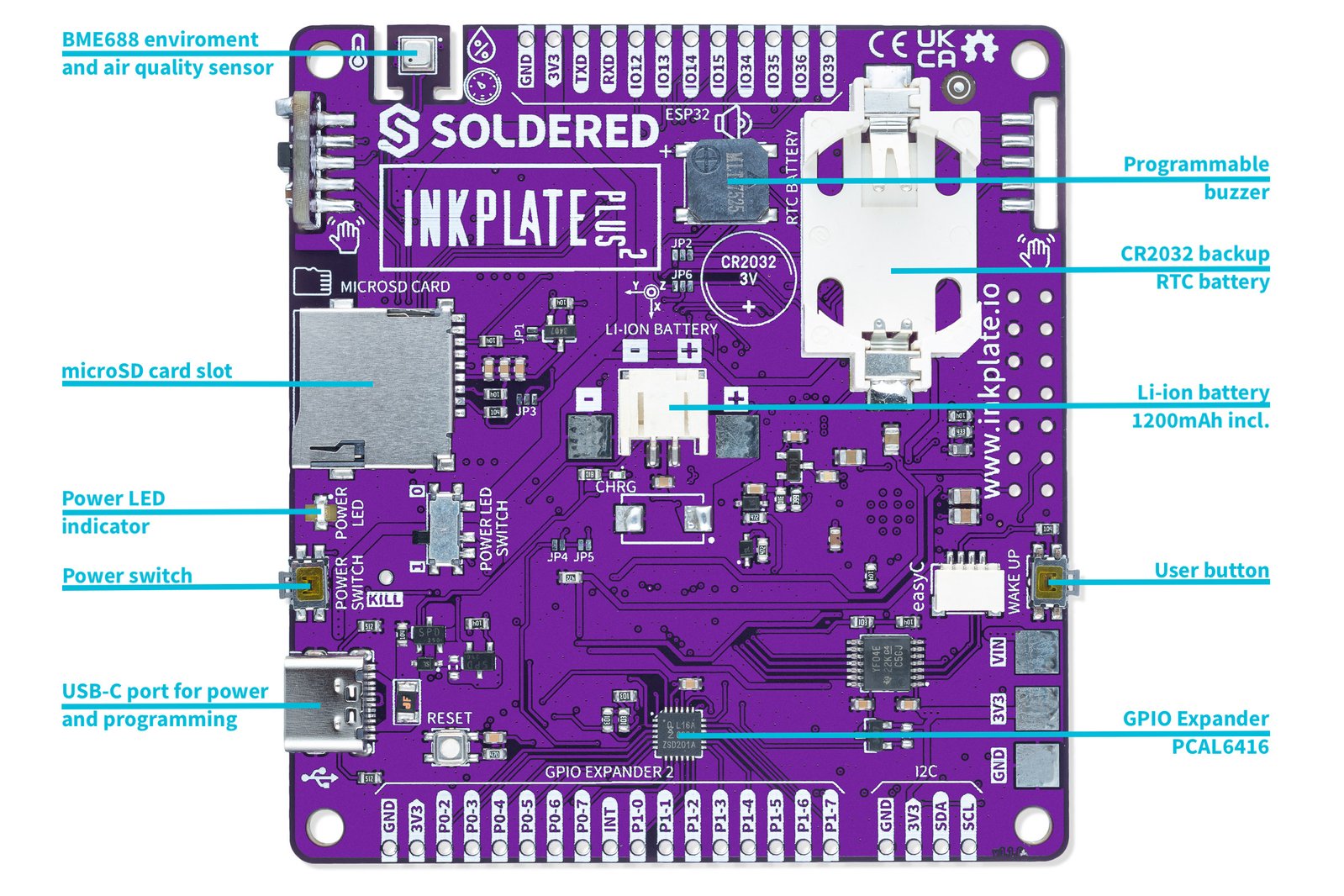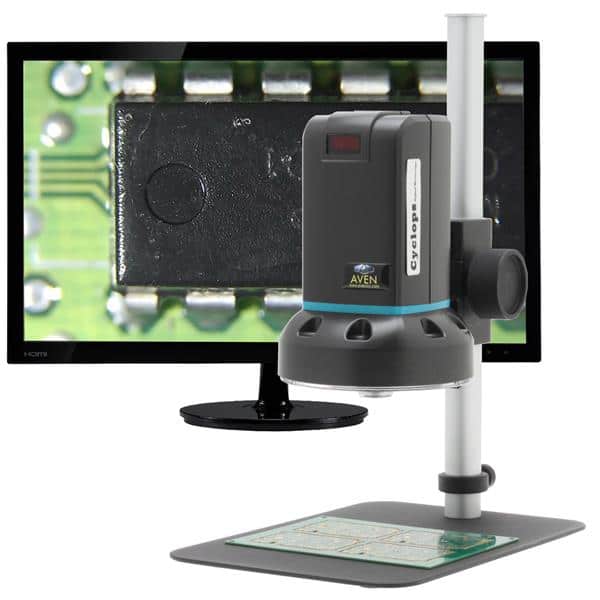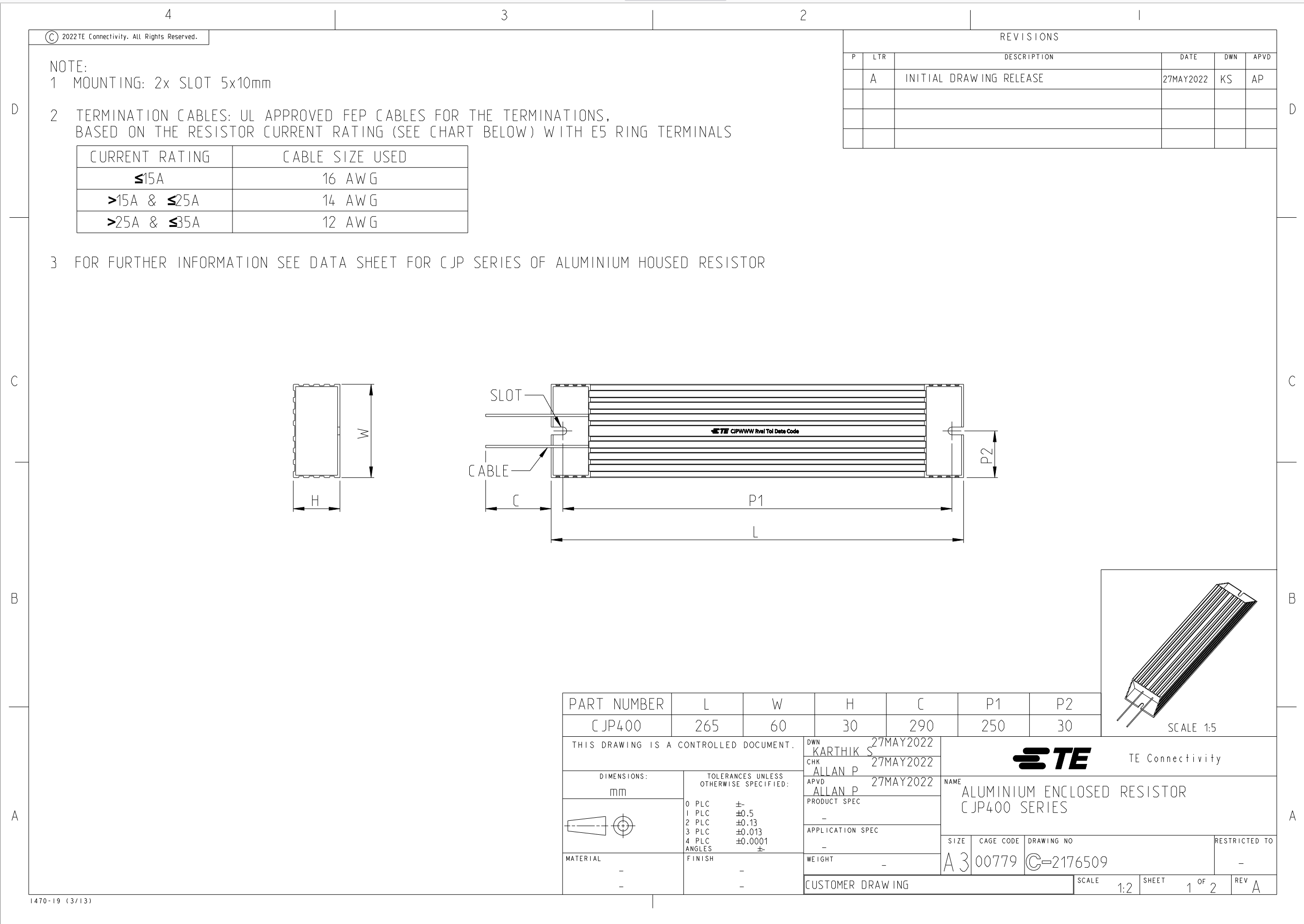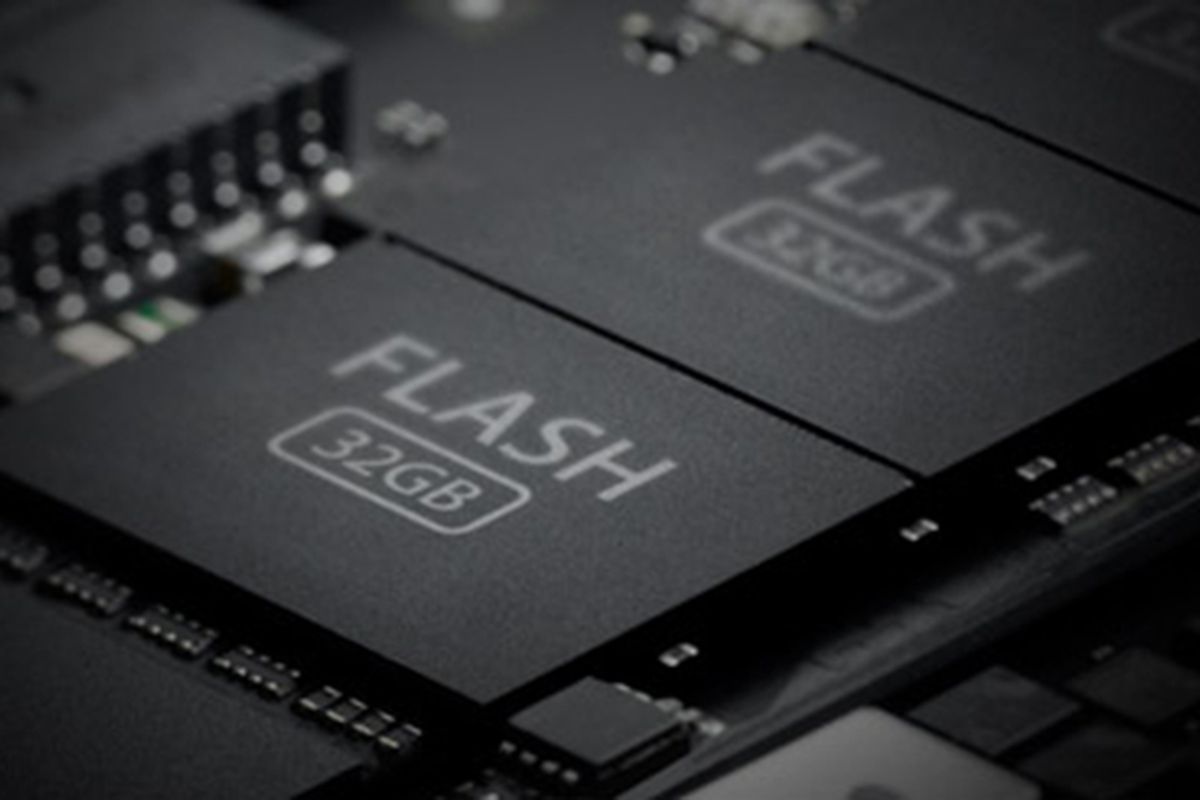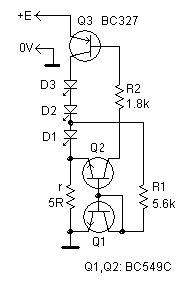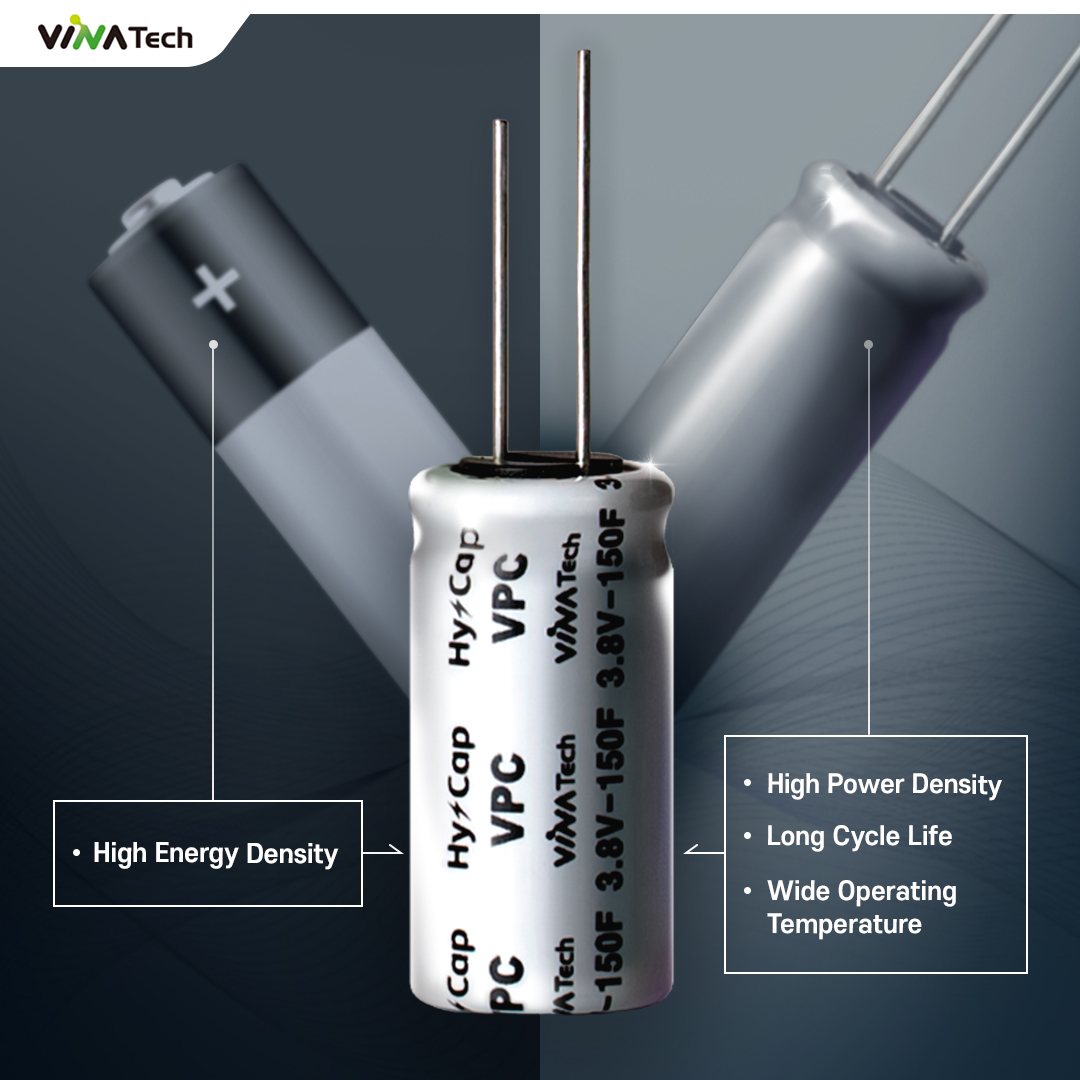
Challenging the Status Quo of Supercapacitors and Batteries by Finding the Unique Middle Ground
Where are Supercapacitors Used?
Supercapacitors are widely used to increase the efficiency of smart meters, UPS, passenger vehicles, wind turbines, AGVs, smart devices, etc. Supercapacitors play a major role in many devices we use or see every day, such as emergency lights, dashcams, elevators (emergency power back-up, regenerative braking), Internet of Things (IoT), and many others. To put it simply, supercapacitors play an important role in products and solutions that make our life not only more convenient but also much safer.
Contrary to conventional batteries, supercapacitors go through several rapid charge-discharge cycles while having higher power density and longer service life. In other words, supercapacitors are of absolute necessity when delivering instantaneous charges is required.
Can Supercapacitors Replace Batteries?
The answer would be “Yes” and “No”. Supercapacitor is known as a next-generation ecofriendly energy storage component. Depending on industries and applications, the supercapacitor’s “territory” is getting wider and wider as an alternative for the battery. Supercapacitor and battery both have different strong points, and those strong points can complement each other. Even though there are a few cases where supercapacitors have already replaced batteries for some industries, generally it’s known that they cannot 100% substitute each other due to the difference in characteristics.
Supercapacitors charge and discharge faster than batteries and have long life cycles. Supercapacitors have limited energy density when compared to batteries. In short, the supercapacitor exhibited unprecedented power density, while the batteries are characterized by superior energy density.
Many battery and energy solution manufacturers have been trying to conquer this gap between batteries and supercapacitors. During the past 20 years, VINATech’s R&D team has been working on a hybrid solution that would take the best from batteries and supercapacitors. This project includes some battery components in combination with the supercapacitor structure. The result is the new VPC (VINA Pulse Capacitor, which is also known as Lithium-Ion Capacitor). This new hybrid solution has many specific features due to which it became a remarkable product on the world’s market of supercapacitors.
In comparison to batteries, VPC (VINA Pulse Capacitor) has a higher rated voltage and wide operating temperature and can go through more than 20,000 charge-discharge cycles. VPC has very low leakage current characteristics and the ESR is very low when compared to Lithium-Ion Batteries. VPC combines the best features of supercapacitors and batteries since it is characterized by a relatively high energy density (advantage of batteries) and high power density (supercapacitors advantage).
As one of the global leading supercapacitor manufacturers, VINATech has been a supplier for the top leading companies in various industries for a long time. This experience combined with the R&D team’s continuous efforts helped VINATech to collect the necessary data and insights about the most urgent needs of today’s supercapacitors market. VINATech’s R&D team has been working on new technological solutions which are aimed at revolutionizing the world and creating a more sustainable and eco-friendly future.
more information: www.vinatech.com





